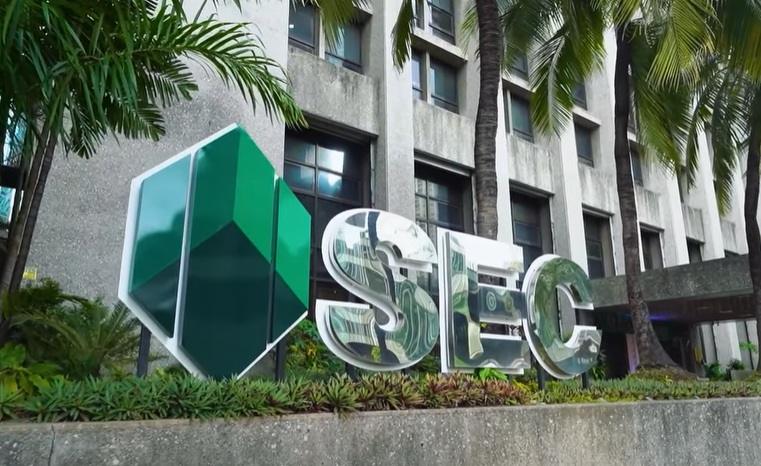Singapore Releases Anti-Greenwashing Guidance for Companies
Singapore’s Ministry of Trade and Industry’s Competition and Consumer Commission of Singapore (CCS) announced today the issuance of a new guide aimed at helping companies navigate quality-related claims and avoid potential greenwashing in marketing about their products, services and their businesses.
While referring broadly to claims relating to the qualities, uses or benefits associated with products or businesses, CCS said that the new guide was developed following concerns raised over potential greenwashing, and enforcement actions it has taken recently around businesses making misleading claims. In 2022, CCS launched a study into greenwashing, which found that more than half of online product claims were found to be vague with insufficient elaboration or details to support the claims, and that claims often use technical language that made it difficult for consumers to understand or verify. CCS also said that environmental claims such as “environmentally friendly”, “eco-friendly”, “green”, or “sustainable” could be vague and prone to exaggeration relative to the actual environmental benefits of the product.
CCS’ new guide focuses on five key principles for businesses to follow in making claims, including “Claims should be true and accurate,” with claims verified before being communicated, ensuring that they do not mislead consumers, and are periodically reviewed; “Claims should be clear and easily understood,” including considering how an average consumer may interpret the claim, using plain language, and avoiding technical jargon or vague or overly broad statements or imagery ; “Claims should be meaningful,” with a focus on material product attributes rather than insignificant, standard or mandatory product features, and that comparisons with other products should be fair and substantiated; “Claims should be accompanied by material information,” including providing sufficient substantiation, presenting supporting information in an accessible manner as early as possible, and clearly stating assumptions, limits or conditions underlying the claim, and; “Claims should be supportable by evidence,” including substantiating claims reasonably with credible evidence, backing claims with evidence that is valid, specific and up to date, and ensuring that claimed goals should be made with the intention to achieve them and are reasonably achievable.
CCS’s Chief Executive, Mr Alvin Koh said:
“We want to ensure that environmental claims—and all quality-related claims—reflect genuine facts rather than empty promises. Greater transparency ultimately enables consumers to make informed decisions and promote competition on merit.”
Click here to access the new guidance.





